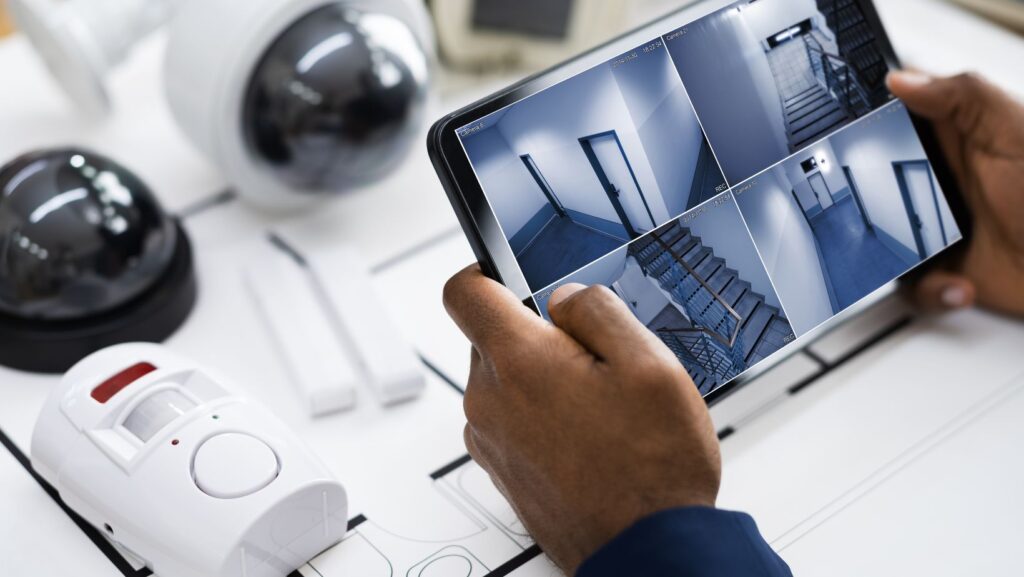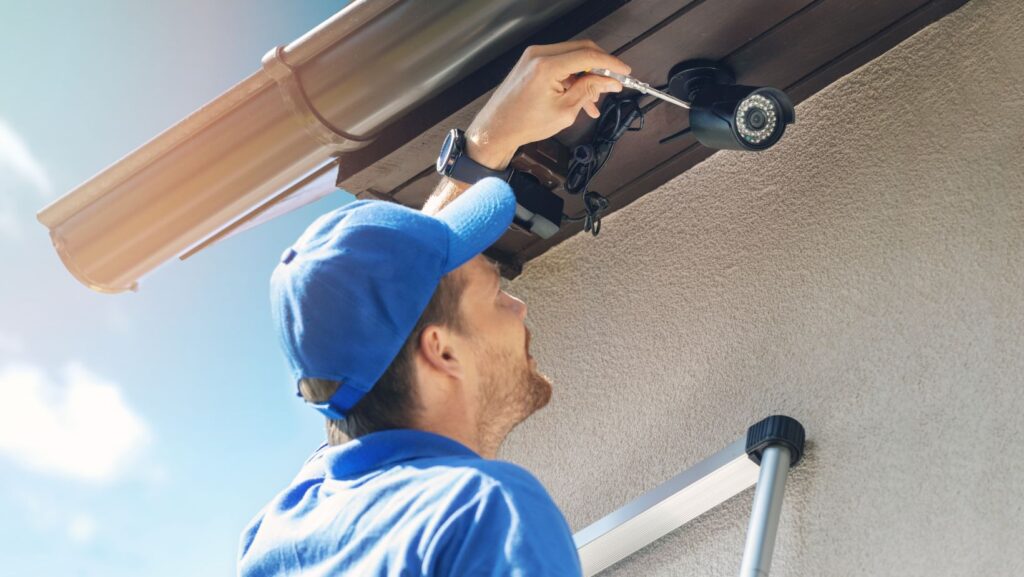In today’s world, where resources are becoming increasingly scarce, the importance of conserving water cannot be overstated. As climate change impacts global water supplies and the population continues to grow, finding efficient ways to manage and conserve water is more critical than ever. Fortunately, smart home technology has emerged as a powerful ally in this effort, offering innovative solutions to reduce water usage and enhance efficiency. This article explores how smart homes and water-saving technology are revolutionizing water conservation.
Understanding Smart Homes
Before diving into water-saving technologies, it’s important to understand what makes a home “smart.” Smart homes use internet-connected devices and systems to automate and control various functions within the home. These technologies provide convenience, efficiency, and security by allowing homeowners to manage their home’s systems remotely through smartphones, tablets, or voice assistants.
In the context of water conservation, smart home technology focuses on optimizing water use in areas such as irrigation, plumbing, and appliance management. By leveraging data and automation, smart systems help homeowners minimize water waste and achieve significant savings on their water bills.
The Role of Smart Irrigation Systems
One of the most impactful areas where smart technology contributes to water conservation is irrigation. Traditional irrigation systems often waste water due to over-watering or poor timing. Smart irrigation systems address these issues by using data to optimize water usage.
1. Weather-Based Irrigation Controllers
Weather-based irrigation controllers adjust watering schedules based on real-time weather conditions. These devices use local weather data, including rainfall, temperature, and humidity, to determine the optimal amount of water needed for landscaping. By automatically adjusting the watering schedule, these systems prevent over-watering and reduce water waste.
2. Soil Moisture Sensors
Soil moisture sensors measure the moisture levels in the soil and provide feedback to the irrigation system. When the soil reaches a predefined moisture level, the system can either reduce or stop watering. This ensures that plants receive the right amount of water, minimizing excess usage and promoting healthy plant growth.
3. Smart Sprinkler Systems
Smart sprinkler systems are equipped with advanced technology that allows for precise control over watering. These systems can be programmed to water specific areas at different times, based on the needs of various plants. Some models even have built-in rain sensors that halt watering when it rains, preventing unnecessary water use.
Innovative Water-Saving Appliances
In addition to irrigation, smart home technology is also transforming how we use water inside the home. Modern appliances and fixtures are designed with water-saving features that help reduce consumption without sacrificing performance.
1. Smart Faucets
Smart faucets come with sensors that detect when hands are placed under the spout. They automatically turn on the water and shut it off when hands are removed. This feature prevents water from running unnecessarily and helps conserve water during daily tasks such as handwashing or rinsing dishes.
2. Low-Flow Showerheads
Low-flow showerheads are designed to reduce the amount of water used during a shower.

These showerheads maintain strong water pressure while using less water, which can lead to substantial savings over time. Some smart models offer adjustable flow rates and settings that allow users to customize their shower experience while conserving water.
3. Efficient Dishwashers and Washing Machines
Smart dishwashers and washing machines are equipped with sensors that optimize water usage based on the load size and type of wash. These appliances use advanced technology to determine the appropriate amount of water needed, reducing waste and improving efficiency.
Smart Water Leak Detection
Water leaks are a common problem in many homes and can lead to significant water loss if not addressed promptly. Smart water leak detection systems provide homeowners with early warnings of potential leaks, allowing for quick intervention and minimizing damage.
1. Leak Detection Sensors
Leak detection sensors are placed in areas prone to leaks, such as under sinks, near water heaters, and around toilets. These sensors monitor for the presence of water and send alerts to homeowners if a leak is detected. By catching leaks early, these systems help prevent extensive damage and reduce water waste.
2. Smart Shut-Off Valves
Smart shut-off valves can automatically turn off the water supply in the event of a leak. These valves are connected to leak detection sensors and can be programmed to respond to specific conditions. In the event of a significant leak, the valve will close, stopping the flow of water and preventing further waste.
Integrating Smart Technology for Comprehensive Water Conservation
The integration of smart technology across various aspects of a home creates a comprehensive approach to water conservation. By combining smart irrigation systems, water-saving appliances, and leak detection technology, homeowners can achieve significant reductions in water usage and costs.
1. Centralized Control Systems
Centralized control systems allow homeowners to manage all their smart water-saving devices from a single interface. These systems provide a unified view of water usage and enable users to adjust settings, monitor performance, and receive alerts. By having all water-related devices connected, homeowners can streamline their conservation efforts and ensure that every aspect of their water usage is optimized.
2. Data-Driven Insights
Smart home systems generate valuable data on water usage patterns. Analyzing this data provides insights into areas where water savings can be achieved and helps identify potential issues. For example, if data shows that a particular area of the lawn is being over-watered, homeowners can adjust their irrigation settings accordingly.
3. Bluebot Can Help You Save Water
One of the most exciting advancements in water conservation is the integration of artificial intelligence (AI) with smart home technology. Bluebot, a cutting-edge AI system, can help you save water by analyzing your home’s water usage patterns and making recommendations for improvement. Bluebot can help you save water by adjusting irrigation schedules, suggesting water-saving appliances, or alerting you to potential leaks. With these personalized solutions, Bluebot offers significant enhancements to your water conservation efforts.
The Benefits of Smart Water Conservation
Implementing smart water-saving technologies offers numerous benefits, including:
1. Cost Savings
Reducing water usage directly translates to lower water bills. By investing in smart irrigation systems, efficient appliances, and leak detection technology, homeowners can enjoy significant savings over time.
2. Environmental Impact
Conserving water helps protect natural resources and reduces the environmental impact of excessive water use.

By using water more efficiently, homeowners contribute to the sustainability of local water supplies and support broader environmental conservation efforts.
3. Increased Home Value
Homes equipped with smart water-saving technologies often see an increase in value. Potential buyers appreciate the added convenience and efficiency of these systems, making smart homes more attractive in the real estate market.
4. Enhanced Convenience
Smart technology offers unparalleled convenience by automating water-related tasks and providing real-time data. Homeowners can manage their water usage with ease, enjoy customized settings, and receive alerts to address any issues promptly.
Conclusion
Smart homes are at the forefront of water conservation, offering innovative solutions to manage and reduce water usage. From smart irrigation systems and water-saving appliances to leak detection technology and AI-driven insights, these advancements are revolutionizing how we conserve water. By embracing smart home technology and integrating water-saving features, homeowners can contribute to a more sustainable future, enjoy cost savings, and enhance their quality of life. As technology continues to evolve, the potential for even greater advancements in water conservation is on the horizon, promising a brighter and more efficient future for us all.



